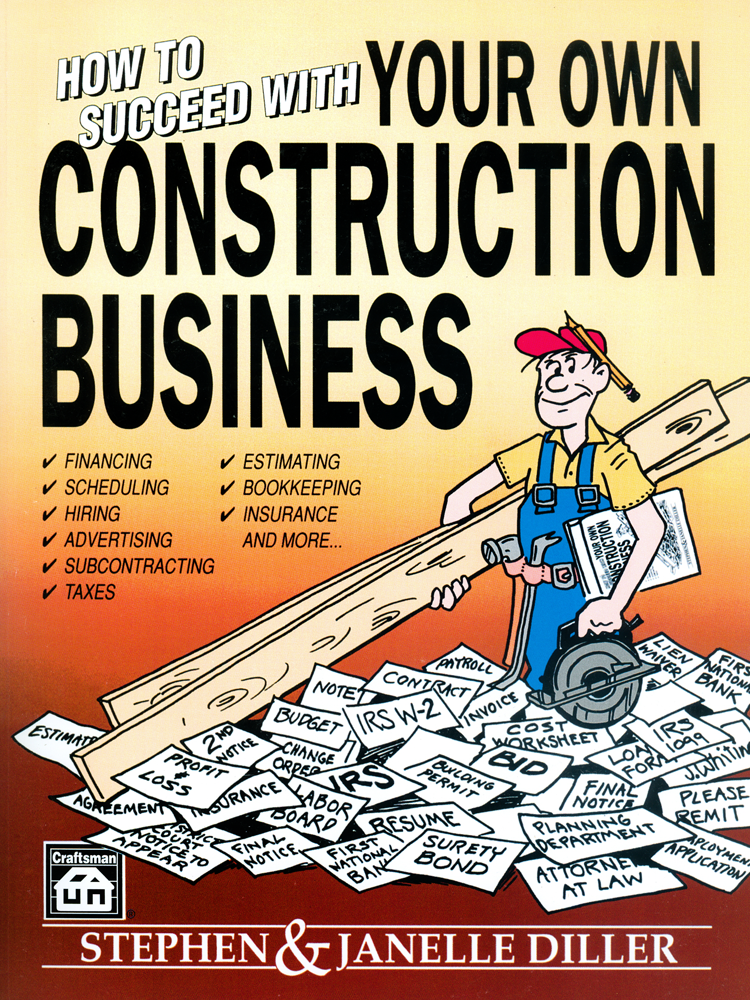The National Council on Compensation Insurance (NCCI) has changed the experience rating formula. The first stage of the change to the formula became effective Jan. 1, 2013. The change to the experience modification rating is called “split point.” Many roofing contractors have experienced an increase in their workers’ experience modification factor as a result of the change. It is imperative for contractors to know how the new experience modification calculation affects their insurance cost.
Understanding your company’s workers’ compensation experience modification factor (mod) is important because it provides you with the information needed to determine how to control your mod, thus reducing your workers’ compensation budget. An experience modifier is an adjustment factor assigned to an employer by a rating bureau (NCCI or state). Your company’s actual losses are compared to its expected losses by industry type. The formula incorporates factors that take into account company size, unexpected large losses, and the difference between loss frequency and loss severity to achieve a balance between fairness and accountability. The mod factor represents either a credit or debit that is applied to your workers’ compensation premium. A mod factor greater than 1.0, a debit mod, means that losses are worse than expected and a surcharge will be added to your premium. A mod factor less than 1.0, a credit mod, means the losses are better than expected, resulting in a discounted premium. By understanding how losses affect your mod, and thus your bottom line, you can create a competitive advantage for your company in its market segment. It is vital that the information being reported to NCCI or a state governing institute is reviewed annually by a workers’ compensation specialist.
The split point experience modification impacts 35 NCCI states and certain other independent states. A solid understanding of the split point rating formula will help employers identify variables that impact their workers’ compensation cost. The changes to the NCCI experience modification calculations were implemented to reward companies with favorable loss history and penalize employers with below-average loss history. The formula changes will cause a wider variance of experience modification factors between employers. The variance will provide a potential competitive advantage for roofing contractors with better-than-average loss history.
Primary losses are used as an indicator of frequency and are counted fully toward the experience modification calculation. The excess losses (loss amount over the primary losses) receive partial weight and are significantly reduced when calculating an experience modification factor.
Effective Jan. 1, 2013, the primary losses counted in the NCCI formula increased from $5,000 to $10,000 per claim. On Jan. 1, 2014, the primary losses increased from $10,000 to $13,500 per claim. On Jan. 1, 2015, the primary losses in the formula will cap out at $15,000 per claim.
The impact of the NCCI changes to the employer is that primary losses (frequency) affect your experience modification more than the excess (severity) losses. In general, a roofing company with a large number of primary losses will likely have a higher experience modification than a company that may have a greater dollar amount of single losses but lower overall frequency.
It is important to be aware of what the minimum attainable experience modification is for your company. The controllable experience modification factor is the difference between your current and your minimum attainable experience modification factor, which is the variable component of your experience modification that fluctuates with losses. The controllable experience modification is broken down between primary losses and excess losses.
It is critical to focus on your actual losses vs. expected losses relative to industry averages. It is also important to identify trends and the injury drivers that impact your loss experience, resulting in elevated insurance costs. Taking control of your workers’ compensation budget is critical for many reasons. Workers’ compensation is a line of insurance coverage that your company can truly have a direct impact on when it comes to future costs.
After the NCCI formula changes, there is a greater variation in the workers’ compensation experience modifications between employers. There is an opportunity to create a separation in workers’ compensation cost as compared to your peers.
Strategies that are effective at mitigating loss experience and hence reducing experience modifications include:
- Aggressively manage claims by assigning a dedicated adjuster.
- Have an aggressive return-to-work program and offer light-duty options.
- Structure a disciplined new-hire orientation process.
- Implement a disciplinary program that is written and enforced.
- Review and enforce safety/loss control program.
The result of an increased experience modification factor can have disastrous results including:
- The roofing contractor must increase bids to cover increased overhead, which will likely result in lower closing ratios and reduced profit margins.
- Many larger general contractors and certain government entities will remove contractors from the lists if the contractor has an experience modification greater than 1.00, thus limiting sales opportunities.
Given the relatively thin average profit margins in the roofing industry, it is important to make sure your company’s experience modification factor is at the lowest possible level.
Roofing contractors should view the formula change by NCCI as an opportunity to further outperform their peers. Roofing professionals can enhance financial results with a disciplined loss control strategy and solid understanding of the new split experience modification formula.







Report Abusive Comment